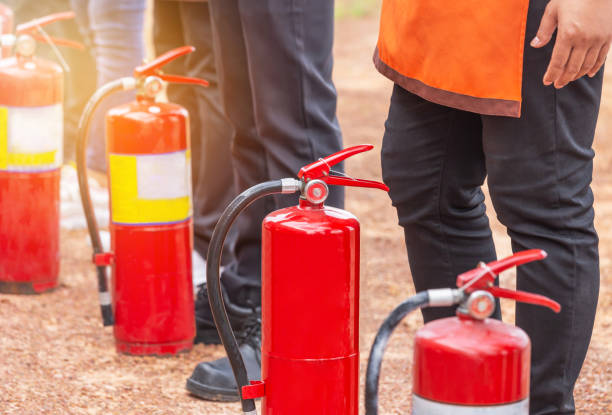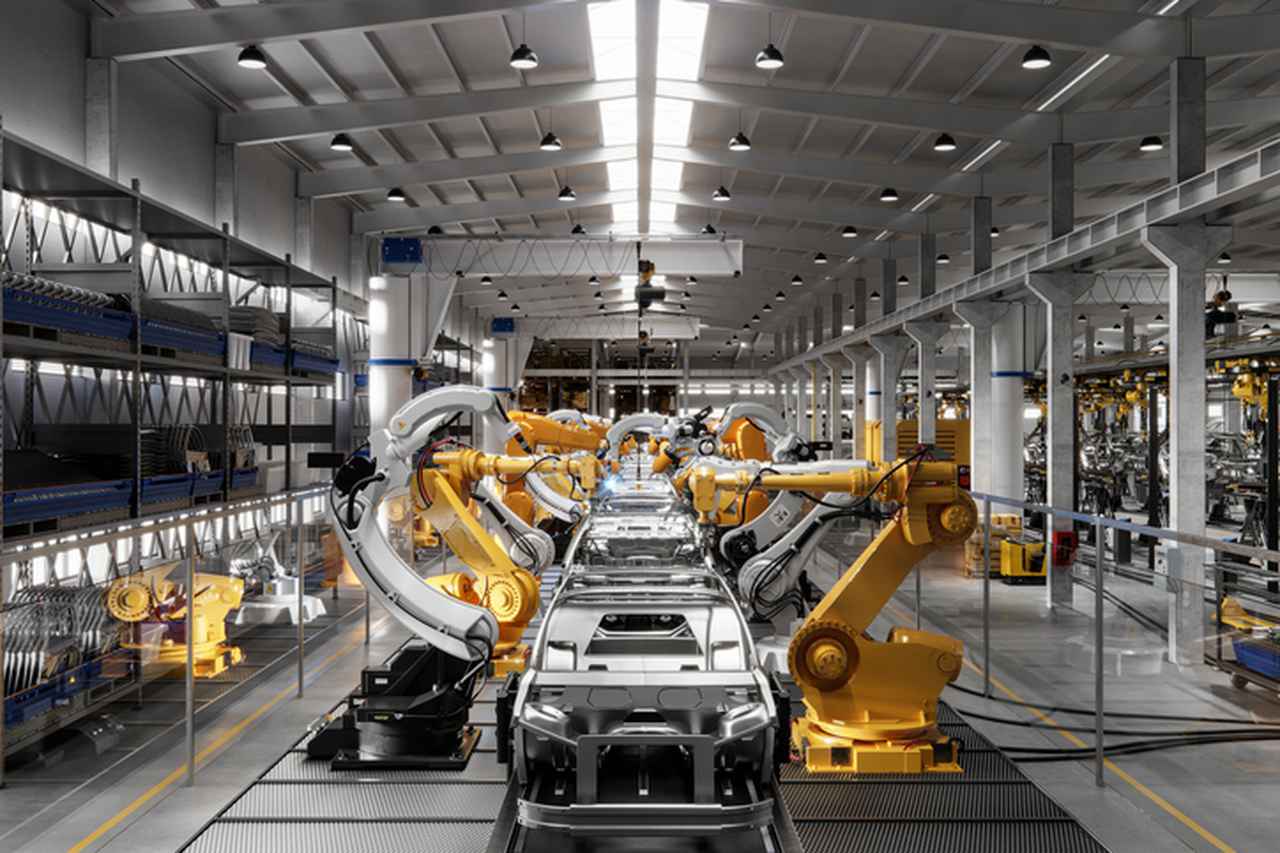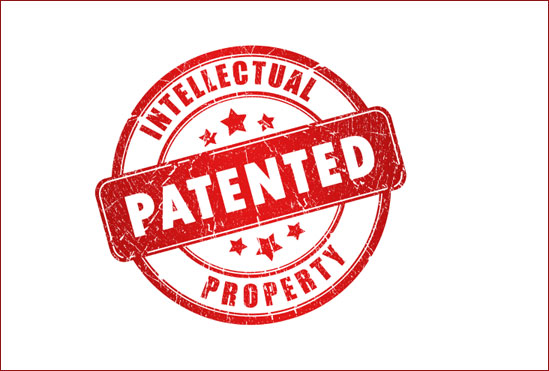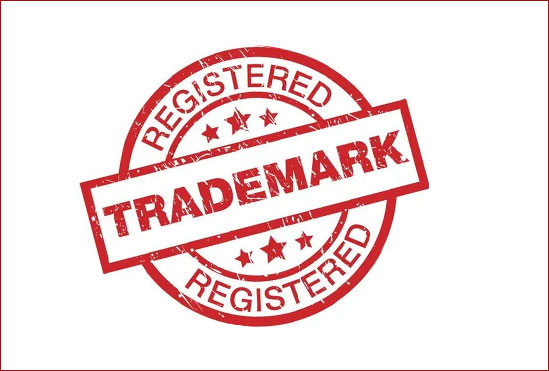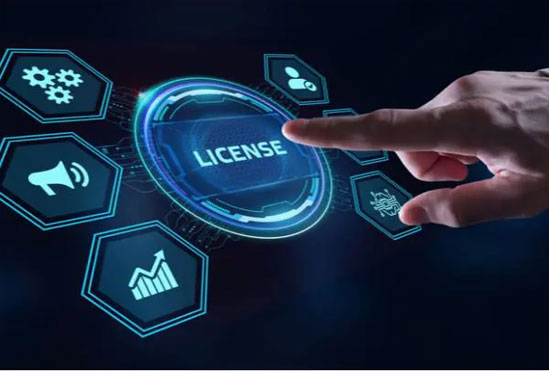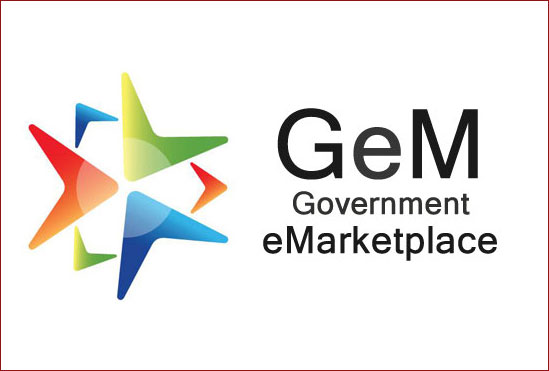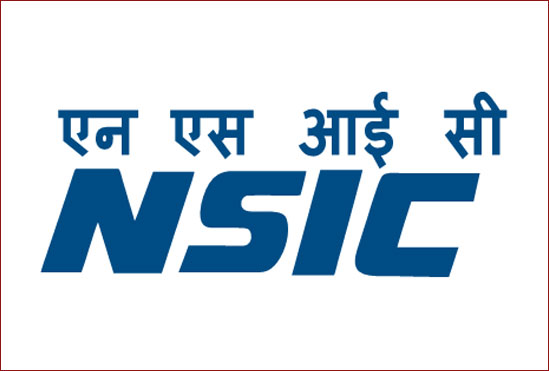A Common License refers to the licenses that are mandatory for businesses across various industries, depending on their activities, products, services, company size, and other relevant factors. These licenses are typically required to ensure compliance with government regulations, maintain public safety, protect consumer interests, and uphold industry standards.
Fire NOC License
This license is obtained to ensure that a building or establishment complies with fire safety regulations
Pollution License
This license is required for industries and businesses that emit pollutants into the environment.
Factory License
This license is necessary for establishing and operating a factory. It ensures that the factory premises
Import-Export Code (IEC)
This license is issued by the government to businesses engaged in import and export activities.
Copyright License
This license grants the holder the legal right to reproduce, distribute, or display a copyrighted work.
Patent License
This license grants the licensee the right to use, manufacture, or sell an invention protected by a patent.
Trademark License
The first legislative act concerning trademarks was passed in 1266 under the reign of Henry III, requiring all bakers to
Legal Metrology Packaging Commodity (LMPC) Import
This license is required for importing packaged commodities
Shop Act License
This license, also known as the "Shops and Establishments Registration," is obtained to regulate the working conditions
Design Patent License
This license grants the licensee the right to use or manufacture a product design protected by a design patent.
Lift License
This license is required for the installation, operation, and maintenance of lifts (elevators) in buildings.
GEM Registration License
GEM stands for Government e-Marketplace, an online platform for government procurement.
National Small Industries Corporation(NSIC) License
NSIC provides various services to small and medium-sized enterprises (SMEs).

